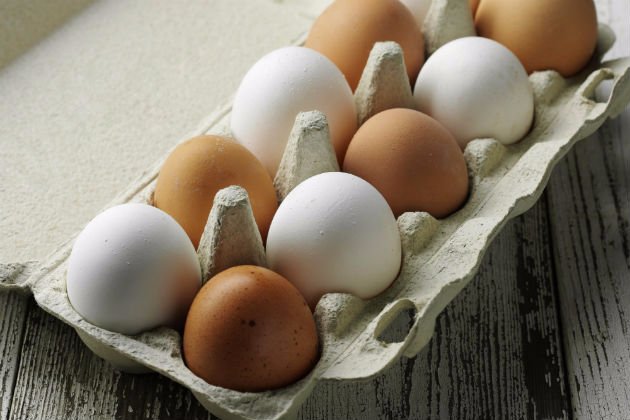The Greater Accra Poultry Farmers Association is sounding the alarm over increasing foreign dominance in the sector, warning that the growing involvement of Chinese operators in the poultry value chain is fueling the egg glut currently crippling producers.
According to the association, the surge in unsold eggs is already affecting worker salaries, undermining revenue streams, and pushing several local investments toward collapse.
The poultry industry, which showed strong promise earlier this year, began experiencing a sharp decline in June, with farms, particularly in Sunyani, reporting sudden surpluses.
CEO of the association, Ali Mohammed, said about 38,000 crates of eggs remain unsold, attributing the crisis to increasing participation of foreign traders, especially Chinese retailers, in a market reserved for locals.
“I believe every sector in the economy has the participant defined, and I am not sure I can go to India, China, Ethiopia today and I will be allowed to establish a poultry [farm] without the necessary regulation being checked to start just producing eggs.
“I know the retail sector of the economy is purely meant for locals and even if there is going to be foreign participation, there are clear rules as defined. What we have seen, I am afraid because these are people coming in with huge capital. I am afraid our locals can’t compete fairly. These are huge poultry farms around Asutuare area, Fetteh. The Chinese are not only in galamsey, they are into poultry,” he said.
A visit to Blessed Farms, home to 1,500 birds producing roughly 30 crates of eggs daily, revealed the full extent of the problem. Owner Marian Mensah said sales have plummeted, making it increasingly difficult to keep the business running.
“These days they don’t buy because they said the ones outside is cheaper. The Chinese people are spoiling our market. They said the big ones they sell it GHȼ40-45. If you buy quality eggs it is good because you have to buy quality feed. It affects me [if they don’t buy] because you don’t sell and get money, you can’t take care of your family,” she lamented.
Employees are feeling the pressure as well. Rita Doglo Venyuye, a worker at the farm, fears she may not receive her salary due to the slowdown.
“Two weeks now into November, I can say it has been difficult. I know that it will delay my payment because the things I will sellout and they will pay me out of it are still the,” she said.
Sector players warn that the crisis may force more farms out of business. Jerry Otoo Larkai of Larkai Farms, which also manages 1,500 birds, said the industry is on the verge of collapse.
“It will collapse. Most farmers have even sold off their birds because they can’t even feed them. If there is a glut and the eggs are rotting in the farms, at the end of the day the birds are still there and you need to feed them.
“Where are you going to get the money to feed them? This is a big challenge we are facing as an industry. I can count about 10-15 farms that have shutdown,” he warned.
Although President John Mahama has directed schools to procure local rice, maize, chicken, and eggs, the Association says it is awaiting clarity on implementation.
“We are making a follow up and we want to find out from the Buffer Stock and under the modalities how they intend off taking from our members. Is it going to be if I am in central, secondary schools within central region are going to take from us?” Ali Mohammed said.
The Association is calling for swift government intervention to safeguard local poultry businesses before more farms shut down.


